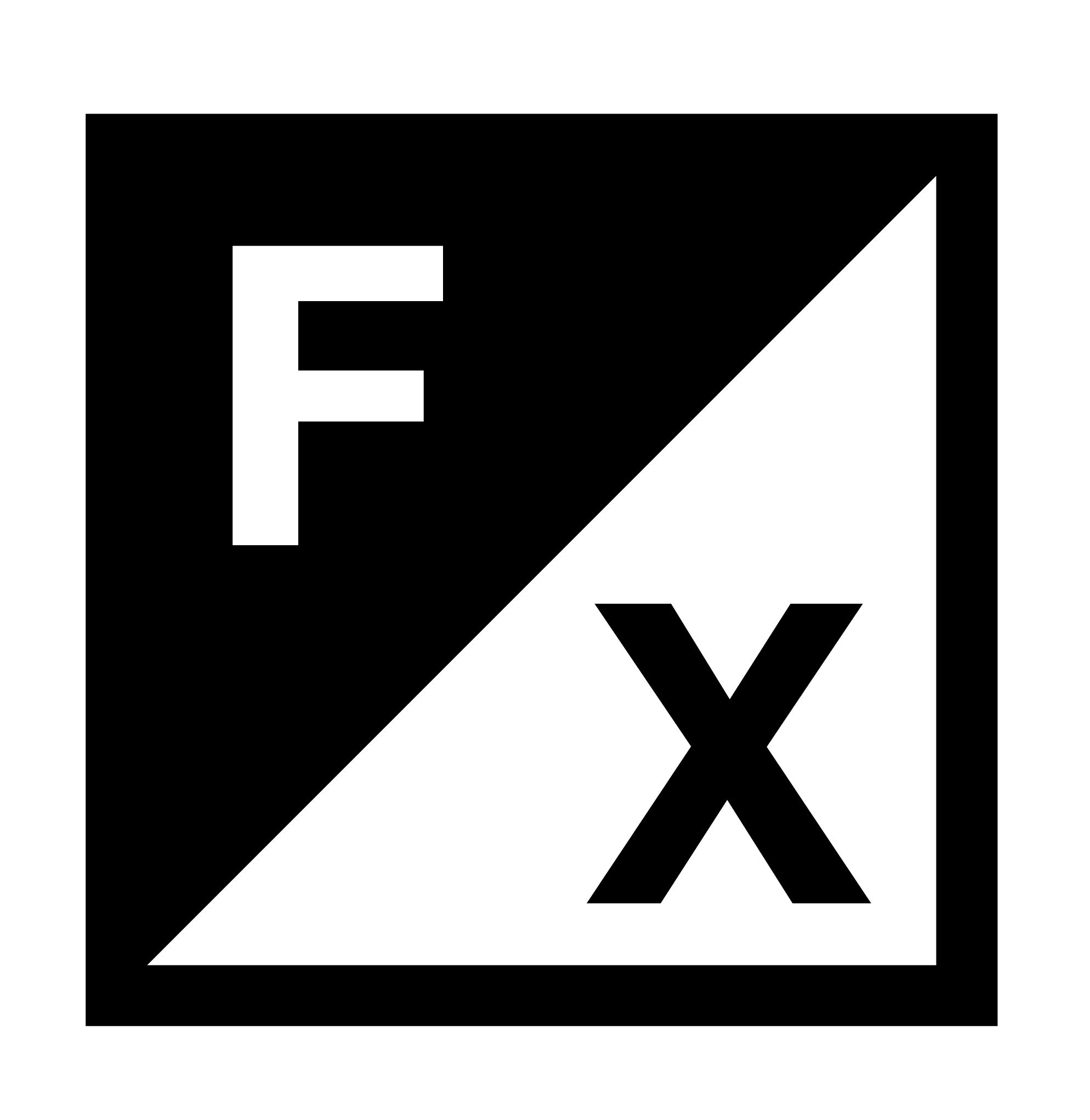FASHION EXCHANGE FAST TRACK PROGRAMS
Women in Fashion Tech provides women the digital and hands on training to secure highly skilled employment in the fashion industry. Specializations include knitting, laser cutting, dye sublimation printing and embroidery in this NEW Fashion Exchange program. In class training at George Brown Fashion Exchange and industry based work placement are included in this one year program.
Gain knowledge and training in a short amount of time
Learn to operate highly skilled fashion technology equipment
Digital Literacy for Fashion Careers
Students build digital literacy skills through in class and self-guided modules. Students earn completion badges toward digital literacy competency in computer lab with faculty and tutors (focus on Illustrator, Excel, Outlook and Word for industry use).
Students are familiarized with the Canadian apparel sector, work pathways in fashion, fundamentals with textiles, fashion production and fashion supply chain.
Introduction to Fashion Textile Technology – Knitting
Students are introduced to latest technologies and techniques. Knitting machine technology is introduced. Foundations for knit textiles are practiced with tabletop knitting machines before progressing to advanced machines. Various knit types, yarns, and terminology are included. Knitting specifications will be introduced
Introduction to Fashion Textile Technology – Laser cutting
Students are introduced to latest technologies and techniques in use with laser cutting, Students will see the equipment and learn the capabilities of this technology. File preparation on the computer will be introduced.
Introduction to Fashion Textile Technology – Embroidery
Students are introduced to latest technologies and techniques with focus on embroidery. Embroidery hand techniques are first explored to teach stitches, embroidery process, and terminology. Students will see the equipment and learn the capabilities of this technology. File preparation on the computer will be introduced.
Introduction to Fashion Textile Technology – Dye Sublimation Printing
Students are introduced to latest technologies and process with dye-sublimation printing. Students will see the equipment and learn the capabilities of this technology. File preparation on the computer will be introduced.
Fashion Technology Exploration
Students will observe technology in action and see results of the use of technologies through in class lecture, industry guest speakers, field trips and hands-on projects.
Fashion Technology Specialization Preparation
Students gain background to selected specialization including specific machinery used, electronic file creation, product applications, processes, and industry partners. This is a combination of lecture, lab and site visits to research and prepare for industry placement.
Field Preparation and Career Planning
Includes resume preparation, practice interview skills, workplace expectations for success and Individual career plan. Student will be assessed based on their performance in the work placement by their own observation and reflection exercises, and an employer evaluation.
Labor regulations and legislation for the workplace with modules on Occupational Health and Safety, Labor Standards Act, Hazardous materials, and Diversity and Human Rights training.
Aid satisfies WSIB and Canada Labour Code requirements for most workplaces with more than 5 employees. CPR C includes CPR techniques for adults, infants, children, choking and use of barrier devices.
Students will experience an industry placement at the workplace of an industry partner (280 hours completed over 8-12 weeks at discretion of employer). While in placement, students are mentored by a qualified technician and according to their individual training plan. This experience will provide the student with hands-on practical application and experience to gain employment.
Students will learn to create, edit and utilize digital files required to operate technical fashion industry equipment. Workplace readiness and experience will also supplement learning to use and operate equipment.
Careers as machine operators in the fashion industry are in demand for qualified individuals.
Opportunities Available to You
Specialized machine operators in one of the following disciplines: Laser cutting, dye sublimation printing, embroidery or knitting technology.
Program available at no cost to eligible participants and includes all materials and tools needed to complete the program.
Submit an online application
Applicants complete pre-screening process
Attend an interview
Interested applicants will be assessed for English
Acceptance
Fill out the form below to learn more about our Fast Track Programs and we will get in touch with you shortly.
PARTNERSHIP, RESEARCH AND INFO
Rosa Fracassa
Associate Dean, School of Fashion and Jewellery | Fashion Exchange
rfracass@georgebrown.ca
416-415-5000 x 2997
Ula Zukowska
Facility & Production Manager
Ula.Zukowska@georgebrown.ca
416-415-5000 x 4037
Shahrzad Sadeghi
Community Engagement Manager
shahrzad.sadeghi
@georgebrown.ca
Program Registration / Education Support / Field Placement
Jeanine Larmour
Student Success & Industry Liaison
Kathy McGown
Program Support & Industry Liaison
kathy.mcgown@georgebrown.ca









